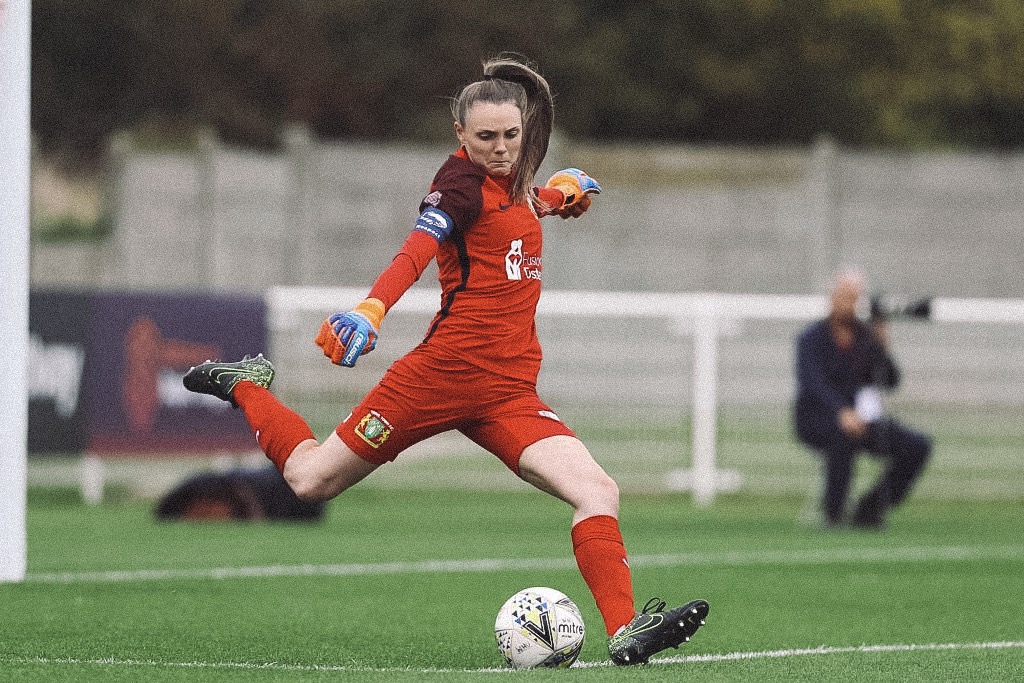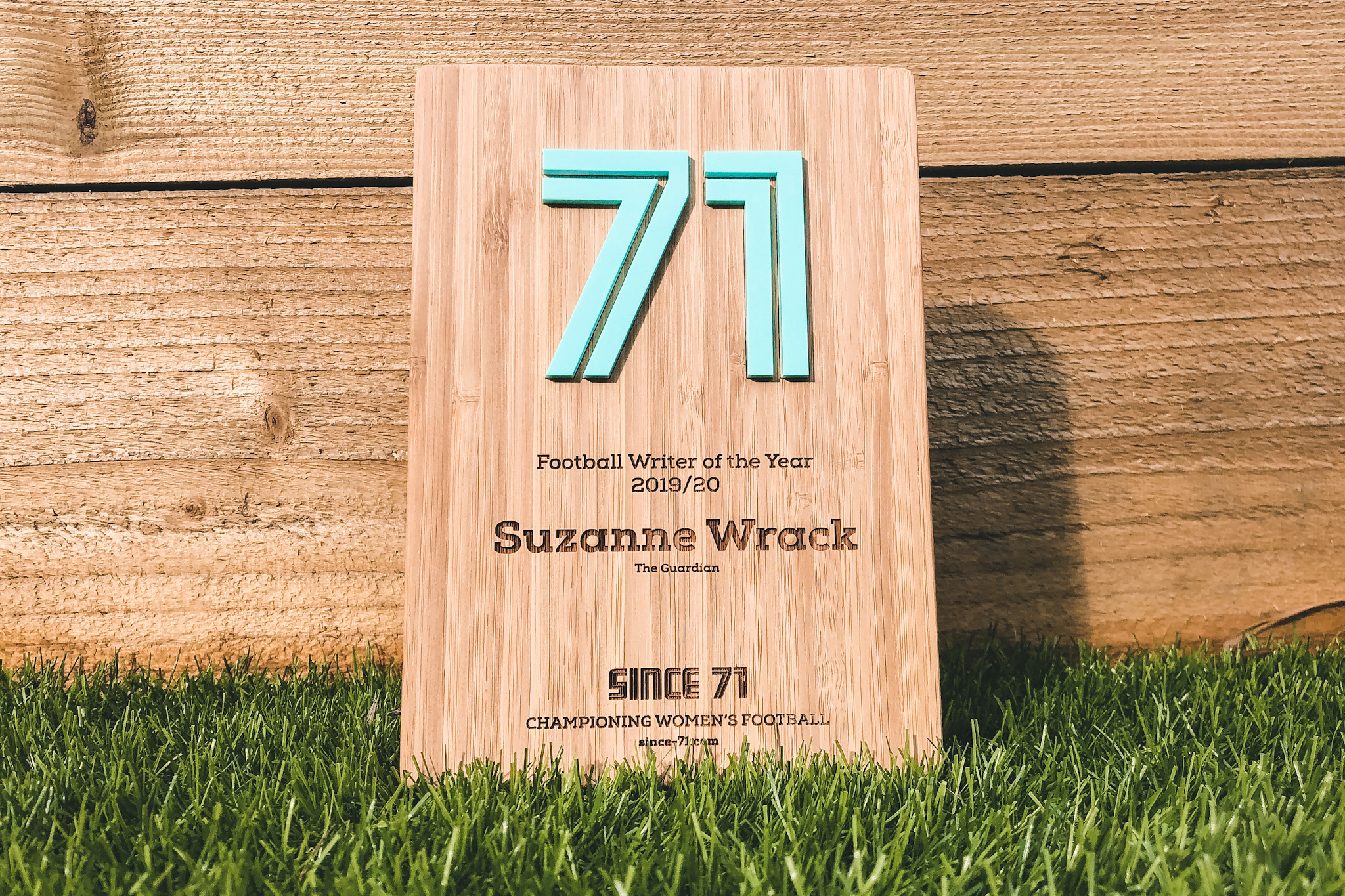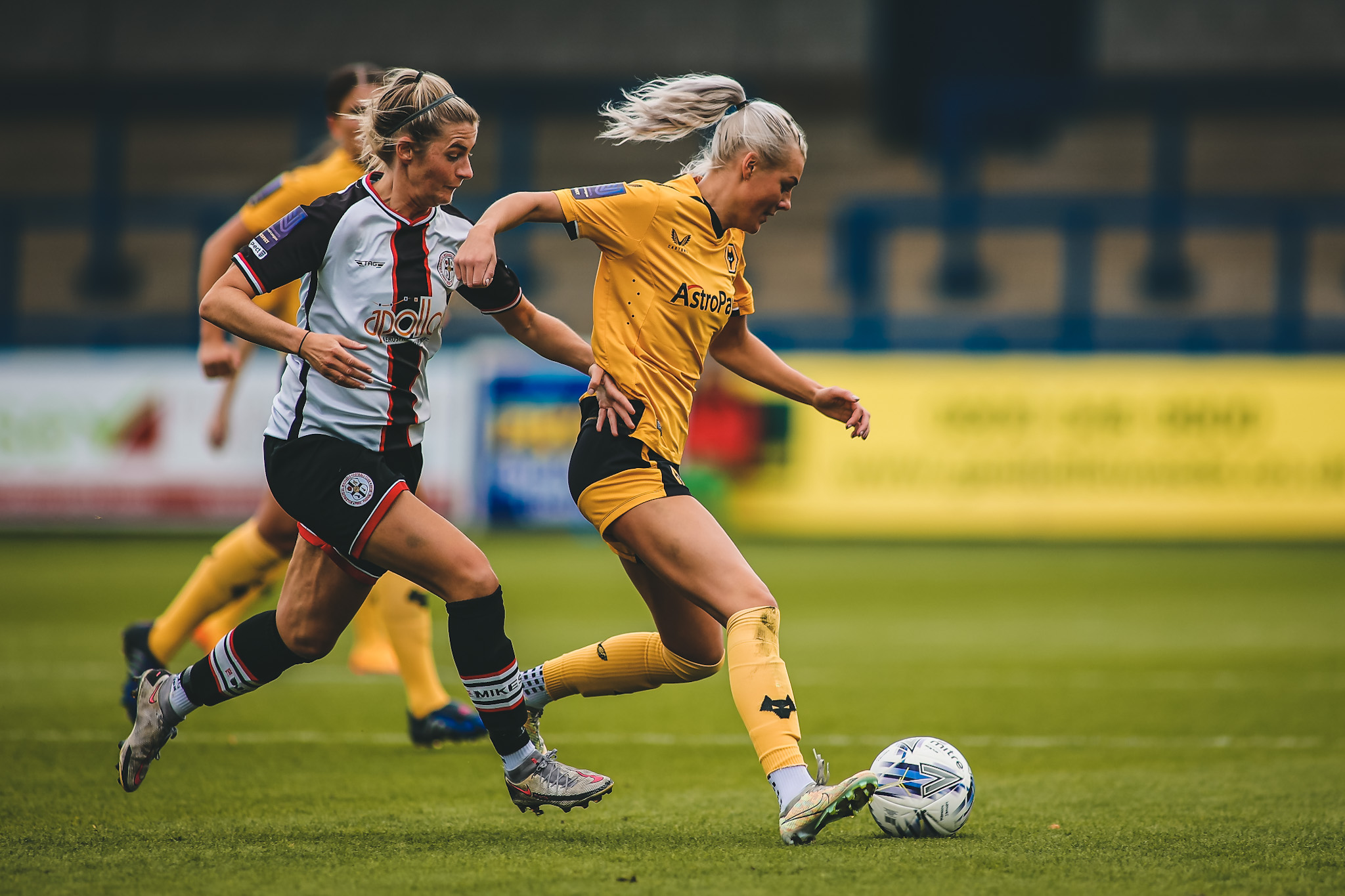“And now a little girl’s dream can become a reality,” Alex Scott utters these words towards the end of her documentary and it is the general theme throughout – making the game better and more sustainable for current and future players.
Over the course of the documentary, the former Arsenal and England player meets with Emma Hayes, Leah Williamson, Fern Whelan and UEFA’s Nadine Keßler; all of them talk about the possibilities that the game has to attract more fans, investment, media coverage, TV deals and sponsorship deals.
All of them agree that these opportunities must be spread throughout teams and leagues down to grassroots level but that the current players must take these opportunities in order to showcase what the game has to offer.
Perhaps the biggest challenge for the game is accessibility and ensuring that the game is open for everyone who wants to play, no matter their background and the need to break down barriers for talent.
Indeed, Chelsea’s Jess Carter and former player Debra Nelson talk about the lack of diversity in the game and how important it is for young girls to see themselves and identify with players so that they get and stay involved in football.
Alex also meets with Emma Mitchell who recently became a mum and discusses the challenges that face mothers in the game. It is apparent the game has a lot of developing to do in this area in terms of practicalities like travelling to games, and time off after giving birth, so players can see that they can have a family and continue to play.
The growth in the game over the past 10 to 15 years is touched on in terms of coverage and attendances at games, Barcelona’s game against Real Madrid which saw 91,000 people at the Nou Camp is highlighted as an example that people are attracted to and want to watch the game.
Nadine Keßler talks about the upcoming Euros and how they will be another milestone for the game, showcasing the game and the players to a greater audience and thus creating more fans.
The challenges identified will be no great surprise to anyone who follows the game but the FA and players have a determination to address them.
Everyone interviewed has a love for the game and leaving it in a better place for those coming behind, and it is this that will ensure the women’s game continues to flourish.
With more past and present players involved in decision-making processes and essential roles like coaches, managers and in governing bodies driving the game forward, the future is limitless.
The most important feature of the game is the players – without them, there is nothing to brand, so for me, this was one of the most startling pieces of information learned from the documentary.
Emma Hayes tells Alex “we have always under-sold our game…” and this to me sums it up – perhaps players didn’t feel they had the power to demand better and one has to wonder how many coaches etc were lost as a result.
Thankfully as Emma said steps are being taken to ensure that players have access to specialists who will work on their well-being but with more players like Emma Mitchell and Alex Morgan having babies during their careers it is vital that their experiences are used and built on in terms of policies; in fact Emma Mitchell states “it probably takes someone like myself to go through it and go back and be like this is what I thought could have been better and this is what you should put in place to make it easier for other people. I think that’s important and it’s my job to do that.”
Alex Scott: The Future of Women’s Football does well to give a first-hand insight into the game from those who have experienced and are experiencing the changes and certainty leaves the viewer with a lot to think about.
Fans of the women’s game will enjoy it but I would recommend the documentary to anyone who thinks they know about the women’s game and what the players have gone through to get the game to this level.
The documentary will drop first on BBC iPlayer on Friday, June 24 from 6.00 am and then on BBC One on Saturday, July 2 at 10.30 pm, followed by a repeat on BBC Three on Sunday, July 3 at 10.30 pm.









